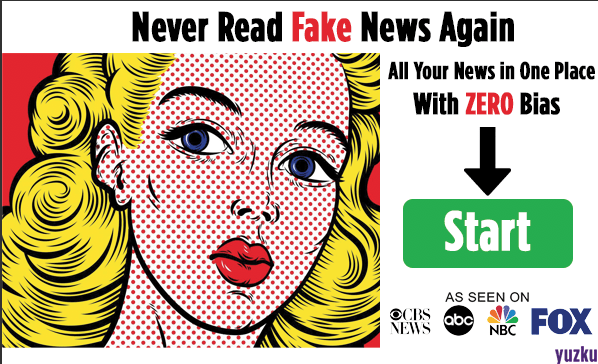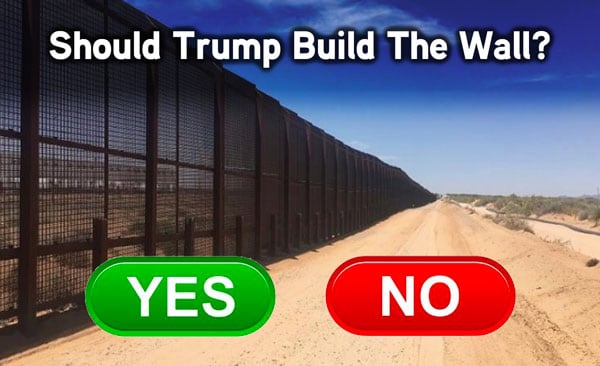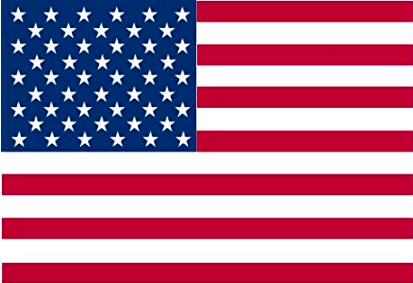Trump’s Persecuted AGAIN! Supreme Court Says No One is Above the President
On Thursday, the Supreme Court led by Chief Justice John Roberts orders two conflicting decisions, one is that President Donald Trump is not immune from subpoenas requesting access to his tax returns and at the same time, instructing that the Congress cannot do so.
In a landmark decision for Trump v. Vance, the Supreme court which won by a 7-2 vote stated that the President’s tax return should be made available. The subpoena was sent by the Manhattan District attorney as a part of a criminal investigation.
The case was filed by Democrat Manhattan district attorney Cyrus Vance, who is asking for eight years of the President’s financial records before he won the White House. This is in relation to the allegations that the president paid “hush money” to a porn star, Stormy Daniels.
The defense argues that as commander-in-chief, Trump is immune from a criminal investigation. However, the Supreme Court wrote: “Two hundred years ago, a great jurist of our Court established that no citizen, not even the President, is categorically above the common duty to produce evidence when called upon in a criminal proceeding.” They added, “We reaffirm that principle today.”
The Manhattan attorney was overjoyed and considered it as a “victory” of the country’s “system of justice.” He continued that while their investigation was delayed for nearly a year due to the lawsuits, they will resume their agenda to prosecute Trump. Moreover, it will take more time for Trump to finally hand over the documents as the litigation was sent back to the lower court. The Court also decided that even if his financial records were submitted by his accounting firm Mazars, they will remain hidden from the public.
Read:
https://www.scotusblog.com/wp-content/uploads/2020/07/19-635_o7jq.pdf
On the other hand, the Supreme Court ruled against granting access to Congress over his tax returns. In a reversed vote for Trump v. Mazars USA, LLP the Court decided that the House of Representatives cannot demand access to the President’s documents. According to the Chief Justice, Congress failed to provide a sufficient reason for why Trump had to turn over his tax returns.
The case was filed by the House Financial Services and Intelligence Committee which demanded Trump’s records from Deutsche Bank, and Capital One. However, while both banks hold the President’s financial records, as well as his businesses, none of the banks hold his tax returns.
The Court also believed in the separation of the Executive and Legislative branch of the government which was indicated by the separation of powers in the Constitution. Based on the ruling, the Court believed that the request was politically motivated, and by granting the Lowe House access to the President’s document might subject him to abuse of power.
“Without limits on its subpoena powers, Congress could ‘exert an imperious control’ over the Executive Branch and aggrandize itself at the President’s expense, just as the Framers feared,” the Chief Justice wrote.
Read:
https://www.supremecourt.gov/opinions/19pdf/19-715_febh.pdf
The President was quick to air his frustration over the first ruling. In a Twitter post, he described it as a “PROSECUTORIAL MISCONDUCT.”
PROSECUTORIAL MISCONDUCT!
— Donald J. Trump (@realDonaldTrump) July 9, 2020
....for another President. This is about PROSECUTORIAL MISCONDUCT. We catch the other side SPYING on my campaign, the biggest political crime and scandal in U.S. history, and NOTHING HAPPENS. But despite this, I have done more than any President in history in first 3 1/2 years!
— Donald J. Trump (@realDonaldTrump) July 9, 2020



 RSS
RSS
